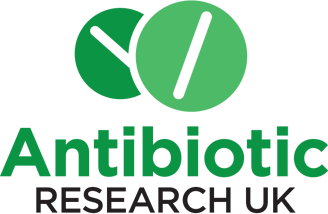You will have heard a lot over the past few weeks about home test kits for COVID-19, the numbers of test carried out each day by the government, and test centres across the UK.
Wouldn’t it be great if you were able to carry out a test at home? You’d get a quick result to know if 1) if you have a COVID-19 infection and / or 2) if you have had a COVID-19 infection? Yes, of course it would be great.
But, at the time of writing there are no approved home test kits. Do not therefore buy kits online as they won’t have been validated. This means that the result may be incorrect – either a false negative or a false positive. No home-based test kits have the precision, accuracy, sensitivity or reproducibility to be worth spending any money on. Nor should you send a sample you obtained at home to a private testing lab. The results you get back may or may not be accurate.
Testing if you are infected with COVID-19
All tests that are officially approved require a swab sample taken from your mouth to be sent off to a specialist lab. Such samples can be taken at home but must be sent to a government approved lab for analysis. To test if you have the virus, the swab sample you have provided will be extracted in the lab. It will then be put in a machine that measures the presence of COVID-19 particles.
It should be noted that whilst tests for viruses such as COVID-19 are available, there are very few molecular tests that can detect if you have a bacterial infection let alone a drug-resistant infection.
Testing if you have been infected with COVID-19
After infection with either viruses or bacteria, the body will mount an immune response. That is antibodies are produced by the immune system which neutralise the infectious agent. For COVID-19, the immune response appears to vary based on the age, health status, sex and ethnicity of the infected person. It is the presence of antibodies induced by the COVID-19 virus which provides the second type of test being used to tell if a person HAS been infected. To carry out this serology (blood serum) test requires a few millilitres of blood to be taken by a phlebotomist, despatched to a test lab and assayed for the presence of COVID-19 antibodies. If such antibodies are detected this indicates that the person HAS been infected.
Some companies are selling home based antibody test kits but the UK health authorities have cautioned against people buying and using these kits (https://www.which.co.uk/news/2020/05/coronavirus-can-you-get-a-home-test-kit/)
Some test labs have asked for a finger prick of blood to be sent to the testing facility. Again this is to be frowned upon. The current antibody tests require a few millilitres of blood to be drawn and not a finger prick.
So current advice is do not buy home test kits currently. Wait until there are ones available that have been validated and certificated by the UK government.
Sadly as discussed above, rapid diagnostic test kits for antibiotic resistant bacterial infections are not available. This is the case for both home and hospital tests. We just don’t have reliable test kits that can tell rapidly if a person has a bacterial infection.
Please SUPPORT Antibiotic Research UK by helping in the battle against antibiotic resistant infection.

